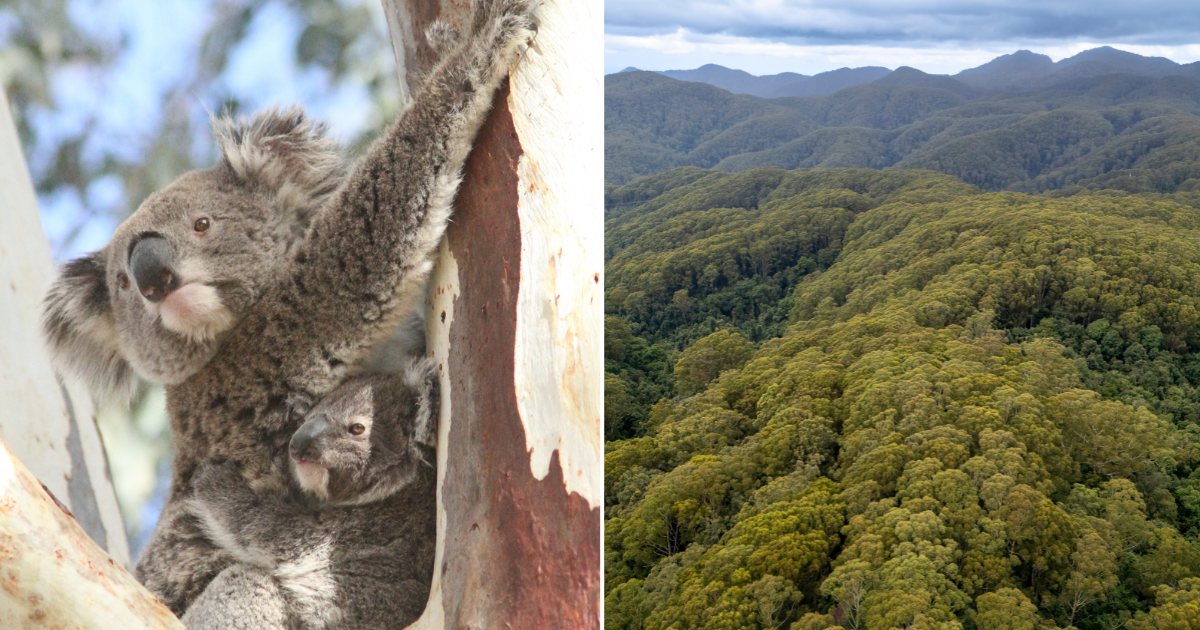Why you should call FAWNA if you find injured wildlife – instead of trying to do it yourself
“Caring for wildlife is a really specialised skillset that our volunteers are trained for".

FAWNA is urging locals not to try and care for wildlife themselves after two orphaned joeys on the Mid North Coast likely suffered while in the hands of well-meaning – but untrained – members of the public.
“FAWNA understands that members of the public who rescue joeys from a deceased mother's pouch are acting from kindness and concern,” FAWNA volunteer and media spokesperson, Kym Kilpatrick told the Mid North Coaster.
“However, caring for native wildlife – particularly macropod joeys such as kangaroos and wallabies – requires very specialised knowledge and resources”.
FAWNA volunteers who look after Joeys have to be registered and trained. “It's a fairly intensive thing”. With their knowledge and experience, injured wildlife have a greater chance of a successful recovery and release back into the wild.
Kilpatrick wants to stop unintentional harm to wildlife caused by untrained and unregistered people – albeit well-meaning.
What are the specific needs of Joeys?
Joeys require a special lactose-free formula for food. Kilpatrick said two recent incidents involving locals attempting to provide care themselves had resulted in the wrong type of nourishment being delivered.
“One of these Joeys had been on soy milk. That didn’t work,” Kilpatrick said.
“And even if you get the specialised milk, it has to be provided at a level that fits that particular state of their development”.
“Then you have to know what dilution and how often you need to feed it. It's a big job”.
The younger the joey, the more frequent the feed. Furless or “pinkie” joeys need feeding every three to four hours, around the clock.
What it takes: Young joeys must be kept warm at the correct temperature and in a quiet, stable environment. Older furred joeys are highly sensitive to stress. If handled by children or kept in noisy surroundings, they can develop capture myopathy, a fatal stress condition.
Joey injuries are not obvious to an untrained eye. Without treatment, they endure pain silently.
FAWNA said attempts to raise joeys at home often result in suffering and malnutrition, and death in over 90 percent of cases.
“Trained wildlife carers can provide the right nutrition, medical assessment, and care environment that give these animals the best chance at survival and eventual release back into the wild,” Kilpatrick said.
Not a pet: Kilpatrick said the end goal of rescue and care of injured wildlife is always about release.
“It’s not about making a pet out of these animals, but it's about being able to help them thrive and return to the wild and do their bit in the ecosystem”.
How to help: Kilpatrick emphasised the need to call FAWNA as soon as possible when encountering injured wildlife.
“FAWNA is here to help, to rescue and care for animals,” Kilpatrick said.
“Caring for wildlife is a really specialised skillset that our volunteers are trained for.”
“We don’t want people to stop checking pouches… but we need people to definitely help us by calling it in, and not think that they can do it if they're not trained”.
“And if people want to get involved in wildlife care, please come and join FAWNA. We will get you registered”.
FAWNA covers 18,000 square kilometres across the MidCoast, Kempsey Shire and Port Macquarie-Hastings LGAs.
If you find a Joey, or any other injured native wildlife, contact FAWNA 6581 4141.
For training courses visit: https://fawna.org.au/training-events/
Thumbnail: (L) Orphaned red-necked wallaby (R) FAWNA Committee Secretary Andrew Ryan with rescued and later released swamp wallaby Joey “Clay”. Pictures supplied FAWNA

